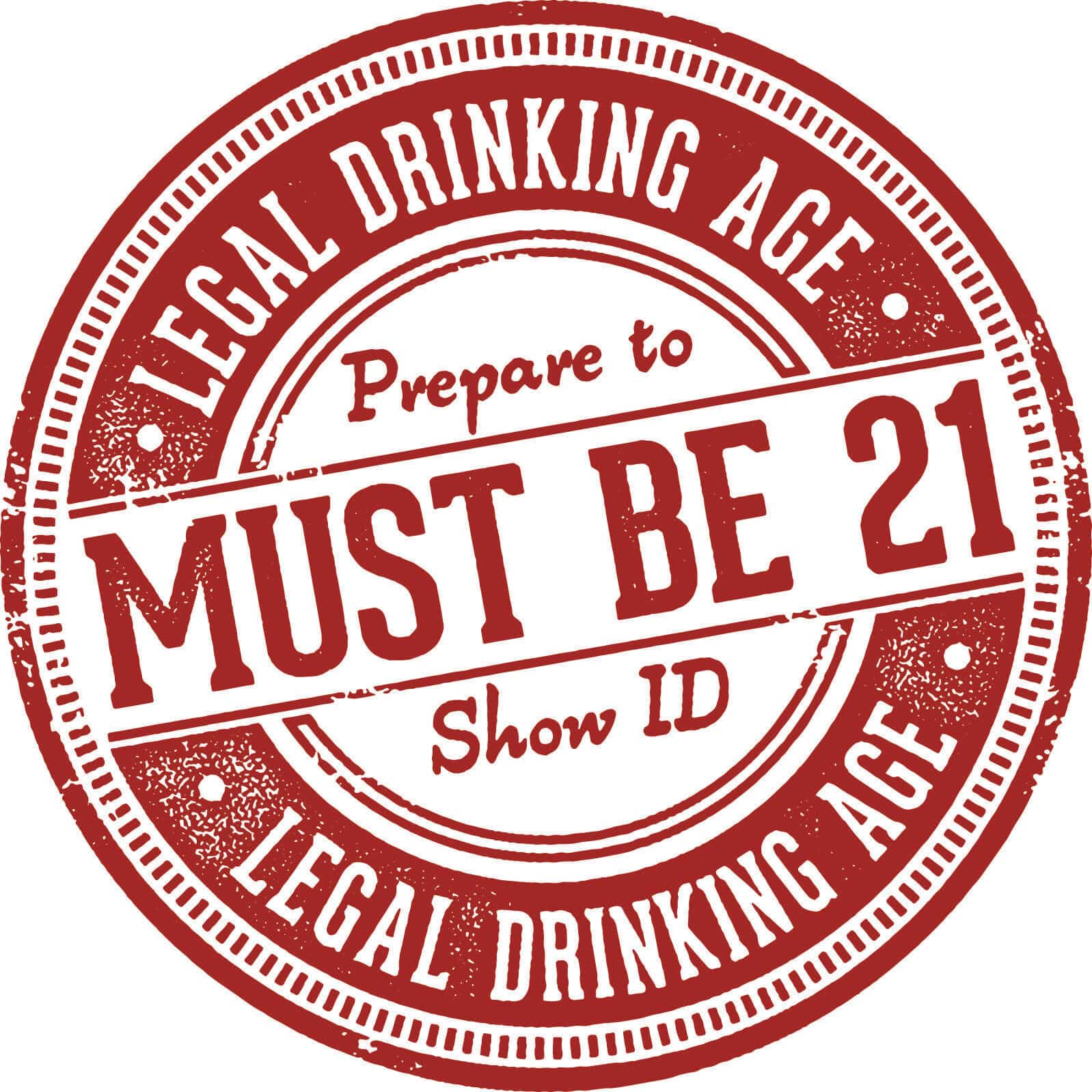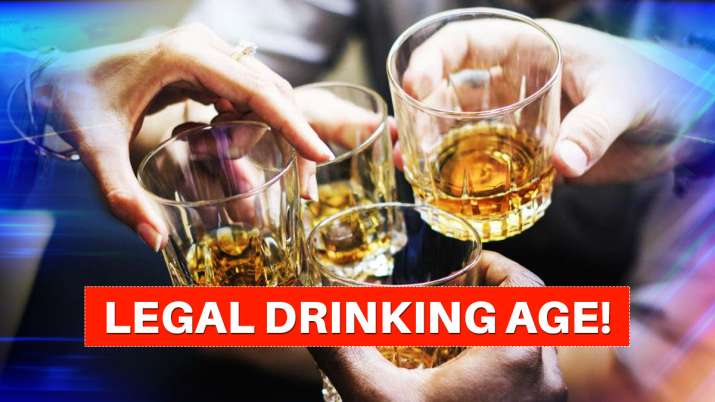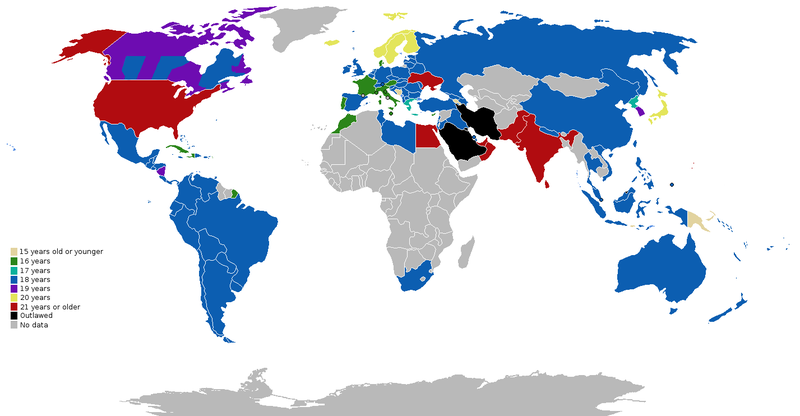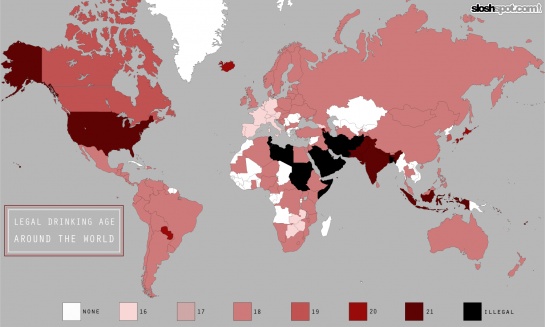The legal drinking age is the age at which a person can legally consume alcoholic beverages. In the United States, the drinking age varies from state to state, but the minimum age is 21 years old. This age limit was established in 1984 when Congress passed the National Minimum Drinking Age Act. The act required all states to raise their minimum drinking age to 21 or lose federal highway funding. Today, nearly all states have a minimum drinking age of 21.

The Debate over Legal Drinking Age
The debate over the legal drinking age has been ongoing for decades. Some argue that the age limit should be lowered to 18, as 18-year-olds are considered adults and can vote, serve in the military, and get married. Others argue that the age limit should be raised even higher to 25, as the brain is not fully developed until the mid-20s and alcohol can have serious long-term effects on brain development.

The Risks of Underage Drinking
Underage drinking is a serious issue and can have serious consequences. Studies have shown that underage drinkers are more likely to engage in risky behaviors such as driving under the influence, unprotected sex, and drug use. Underage drinkers are also more likely to suffer from alcohol poisoning, which can be life-threatening.

The Effects of Alcohol on the Body
Alcohol affects the body in a number of ways. It can impair judgment, coordination, and reaction time. It can also lead to dehydration, which can cause headaches, nausea, and dizziness. Long-term alcohol abuse can result in liver damage, heart disease, and other serious health issues.

The Role of Parents in Preventing Underage Drinking
Parents can play a key role in preventing underage drinking. By talking openly and honestly with their children about the risks of alcohol, parents can help their children make informed decisions about drinking. Parents can also set clear rules and expectations for their children's behavior and monitor their children's activities to ensure they are not drinking underage.

The Importance of Education and Prevention
Education and prevention are key to reducing underage drinking. Schools, community organizations, and public health agencies can all play a role in educating young people about the risks of alcohol and promoting responsible drinking behaviors. Prevention programs can also help young people develop the skills and knowledge they need to make healthy decisions about alcohol.

The Future of the Legal Drinking Age
The future of the legal drinking age is uncertain. While some argue that the age limit should be lowered or raised, others believe that the current age limit of 21 is appropriate. As society continues to evolve and new research emerges, it is likely that the debate over the legal drinking age will continue.
Conclusion
The legal drinking age is an important issue that affects young people across the country. While the debate over the age limit will likely continue, it is important to remember the risks of underage drinking and the importance of education and prevention. By working together, we can help young people make informed decisions about alcohol and reduce the negative impact of underage drinking on our communities.